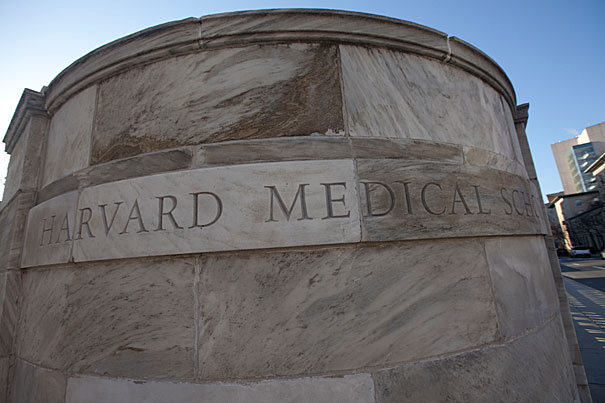Health
-
Lin Test
text with link. This is a quiz. Some text Name Name Quo modo autem philosophus loquitur? Tecum optime, deinde etiam cum mediocri amico. Invidiosum nomen est, infame, suspectum. Name Name…
-

Gender-affirming care is rare, study says
Fewer than 1 in 1,000 transgender youth receive hormones or puberty blockers

-

Nature offers novel approach to oral wound care
Slug’s sticky mucus inspiration behind adhesive hydrogel that can seal wounds in wet environment

-

Time for a rethink of colonoscopy guidelines?
Change informed by new findings would help specialists focus on those most at risk, researcher says

-

Should pharmacists be moral gatekeepers?
‘The problem is not opioids,’ says author of ‘Policing Patients’ — it’s overdose, pain
-

The deadly habit we can’t quite kick
Actions by tobacco companies worry researcher even amid ‘dramatic decrease’ in smoking among young Americans

-
A fate in the stars
Astronomy Professor David Charbonneau is as enthusiastic about explaining his field to students as he is about researching faraway planets.
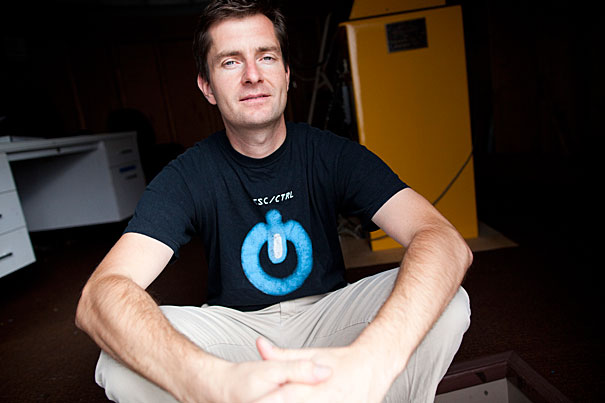
-
Thinking ahead on diabetes
By measuring the levels of small molecules in the blood, doctors may be able to identify individuals at elevated risk of developing type 2 diabetes as much as a decade before symptoms of the disorder appear.

-
Yes to testing children
According to a new study released online Monday (March 21), 60 percent of parents, whether they smoke or not, said they would like to have their children tested for tobacco smoke exposure during pediatric visits.

-
Protein that helps battle HIV
Harvard researchers at Massachusetts General Hospital and the Ragon Institute of MGH, MIT and Harvard find that elevated levels of p21, a protein best known as a cancer fighter, may be involved in the immune system’s ability to control HIV infection.
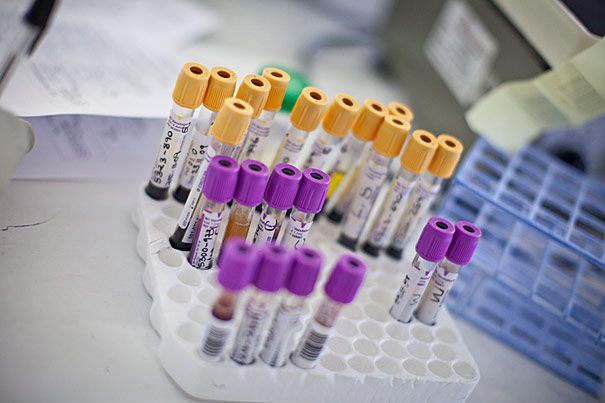
-
Deep thinker
Scientists are advancing in their understanding of the biology of the deep sea, which still remains largely unexplored and mysterious, according to Associate Professor Peter Girguis.
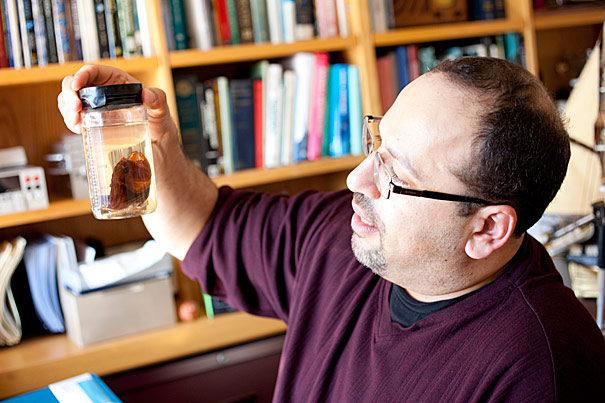
-
The debate over mammograms
The debate over whether routine mammogram screenings are useful diagnostic tools or potentially ineffective and wasteful was the issue of a Harvard School of Public Health forum on March 8.
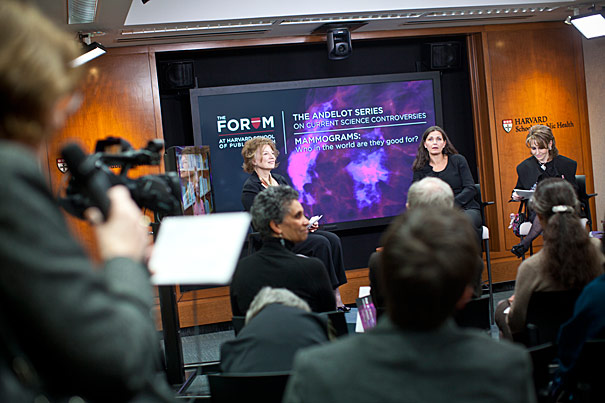
-
Web-crawling the brain
Researchers in the Department of Neurobiology at Harvard Medical School have developed a technique for unraveling these masses. Through a combination of microscopy platforms, researchers can crawl through the individual connections composing a neural network, much as Google crawls web links.
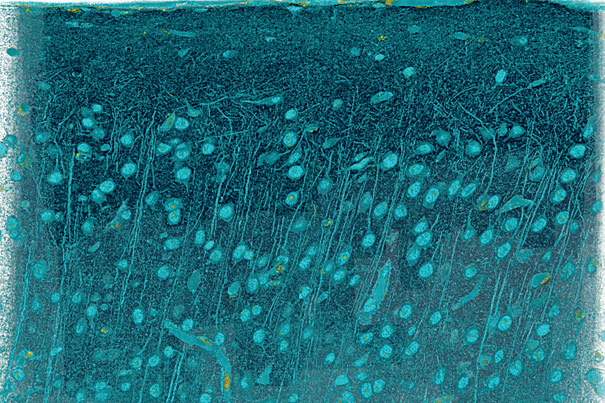
-
Child prodigies, maybe
Study suggests our assumptions about natural talent can influence our judgments, overlooking and undervaluing the impact of hard work.

-
Harnessing your creative brain
Shelley Carson, a researcher in the Psychology Department and lecturer at the Extension School, has penned a how-to book on harnessing your untapped abilities.

-
Study: Ibuprofen cuts Parkinson’s risk
A new study by Harvard School of Public Health researchers shows that adults who regularly take ibuprofen, a nonsteroidal anti-inflammatory drug, have about one-third less risk of developing Parkinson’s disease than nonusers.
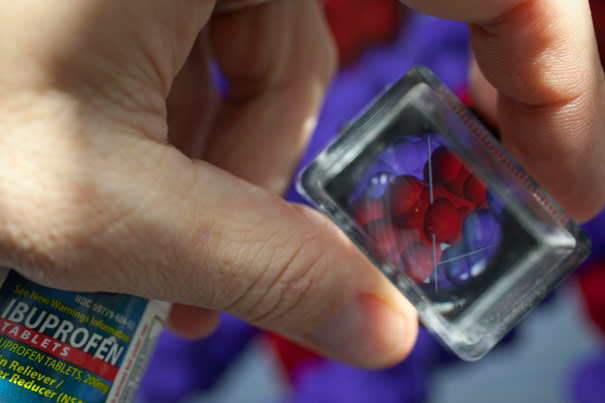
-
Dilemmas of destiny
As genetic testing and its offspring — personalized medicine — have matured, patients and doctors have become entangled in such issues as how to best share at-risk information, access treatment options, and weigh decisions about threats to the young and unborn. And sometimes these issues mushroom, becoming quandaries for society as a whole.

-
Designing gene
Taking advantage of the simple color pattern of deer mice, Harvard researchers showed that small changes in the activity of a single pigmentation gene in embryos generate big differences in adult color pattern.
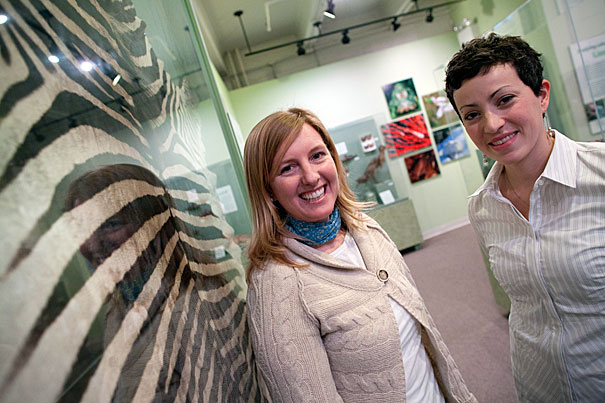
-
Beyond DNA
On a day when Harvard celebrated the accomplishments of the Human Genome Project, the Radcliffe Institute hosted a scientist whose work focuses not just on DNA, but on the mechanisms that control its expression.

-
Doing the neuron tango
A group of Harvard Stem Cell Institute researchers in the Department of Stem Cell and Regenerative Biology has discovered that excitatory neurons control the positioning of inhibitory neurons in the brain in a process critically important for generating balanced circuitry and proper cortical response.
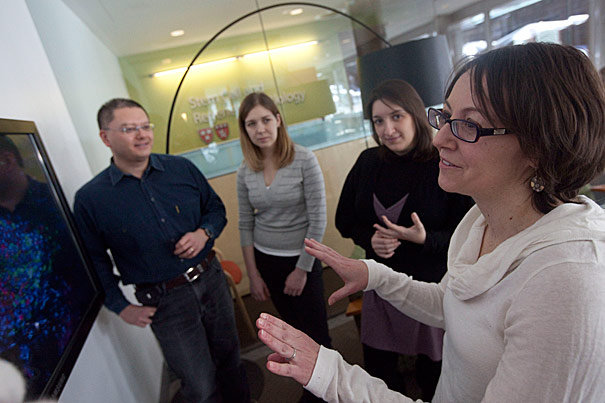
-
Following the genomic road map
Harvard President Drew Faust hosted a panel discussion on the legacy of the Human Genome Project Feb. 22 at Sanders Theatre.

-
Nabokov’s blues
Ten years before his novel “Lolita,” Vladimir Nabokov published a detailed hypothesis for the origin and evolution of the Polyommatus blues butterflies. A team, led by a Harvard professor, is proving him right.
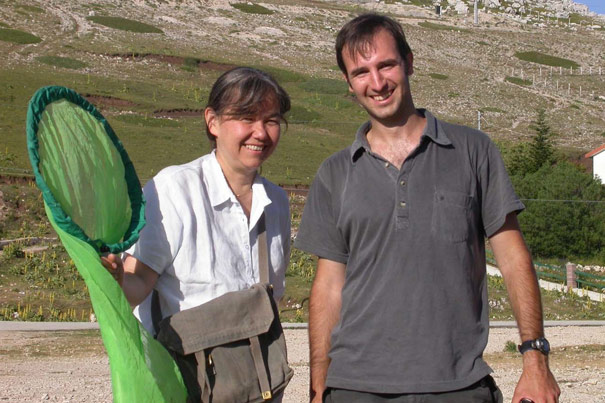
-
Passion and the flowering plant
The Arnold Arboretum’s new director, William “Ned” Friedman, has been intrigued by plants’ structure and origin — and captivated by their beauty — for three decades.

-
The ‘core pathway’ of aging
Harvard researchers at the Dana-Farber Cancer Institute have identified the root molecular cause of a variety of ills brought on by advanced age, including waning energy, failure of the heart and other organs, and metabolic disorder.

-
Genes tied to prostate cancer uncovered
For the first time, researchers have laid bare the full genetic blueprint of multiple prostate tumors, uncovering alterations that have never before been detected and offering a deep view of the genetic missteps that underlie the disease.
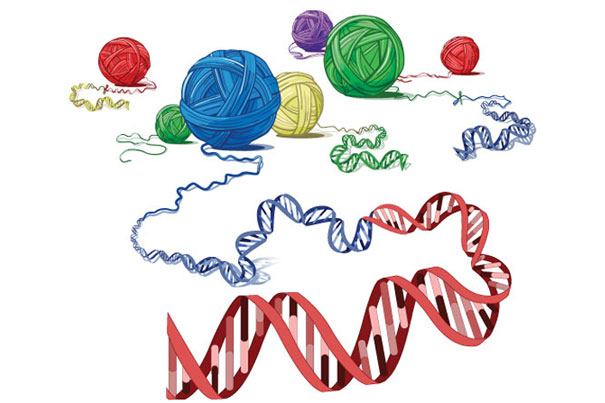
-
Two studies prove value of iPS cells
A team of Harvard Stem Cell Institute (HSCI) researchers, in collaboration with scientists at Columbia University, have demonstrated that many iPS cells (stem cells created by reprogramming adult cells) are the equal of human embryonic stem cells in creating human motor neurons, the cells destroyed in a number of neurological diseases, including Parkinson’s.
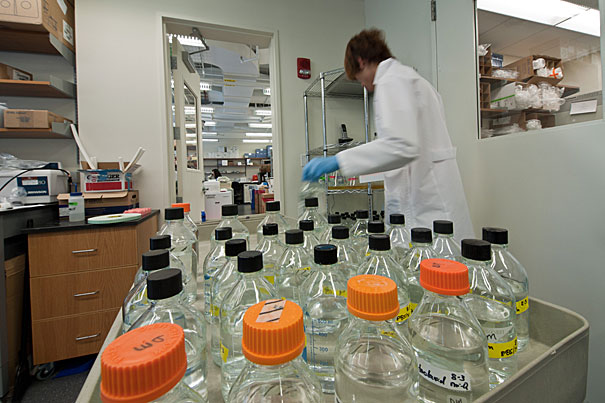
-
Killing the ‘fiery serpent’
International health workers are on the verge of eliminating guinea worm disease from the planet, marking the second time humanity has eliminated a malady that once plagued millions.

-
Adult kidney stem cells found in fish
It has long been a given that adult humans — and mammals in general — lack the capacity to grow new nephrons, the kidney’s delicate blood filtering tubules, which has meant that dialysis, and ultimately kidney transplantation, is the only option for the more than 450,000 Americans who have kidney failure.

-
Plotting the demise of malaria
Authorities on malaria from around the world came to Harvard Medical School to participate in a forum discussing a change in strategy in the battle against malaria, moving from control to eradication.

-
Eight weeks to a better brain
Harvard researchers at Massachusetts General Hospital find that participating in an eight-week mindfulness meditation program appears to make measurable changes in brain regions associated with memory, sense of self, empathy, and stress.

-
What made Darwin first
Evolution icon Charles Darwin rushed “On the Origin of Species” into print to beat the competition, but neglected to credit early thinkers on the subject, who let him know it after the book’s 1859 publication, leading to his appended “Historical Sketch” in later editions.
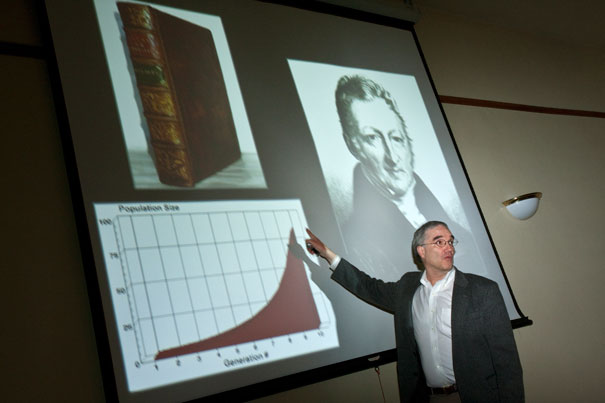
-
Checking in, saving lives
Harvard researchers have estimated the likely cost-effectiveness of post-discharge follow-up phone calls to smokers hospitalized with acute heart attacks. In a report in the Archives of Internal Medicine, the researchers suggest that phone calls to these discharged smokers encouraging them to quit would yield significant health and economic gains.

-
Expecting better
Harvard researchers in the Children’s Hospital Boston Informatics Program have created a model for predicting a drug’s tendency to cause birth defects.

-
Tiny donors
In the first study to look at the potential for organ donation from dying infants in a Neonatal Intensive Care Unit (NICU) setting, Harvard researchers from Brigham and Women’s Hospital, Children’s Hospital Boston, and Beth Israel Deaconess Medical Center demonstrated that an estimated 8 percent of NICU mortalities would be eligible for organ donation after cardiac death.

-
Newborns need for vitamin D
The vitamin D levels of newborn babies appear to predict their risk of respiratory infections during infancy and the occurrence of wheezing during early childhood, but not the risk of developing asthma. Results of a study in the January 2011 issue of Pediatrics support the theory that widespread vitamin D deficiency contributes to risk of infections.
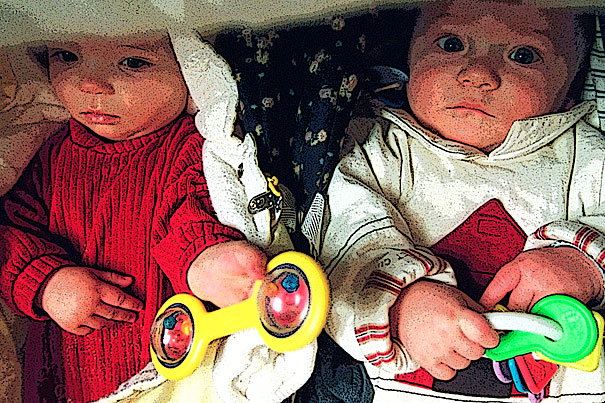
-
Mixed messages
A comparative analysis found wide disparities in the results of four common measures of hospital-wide mortality rates, with competing methods yielding both higher- and lower-than-expected rates for the same Massachusetts hospitals during the same year.
